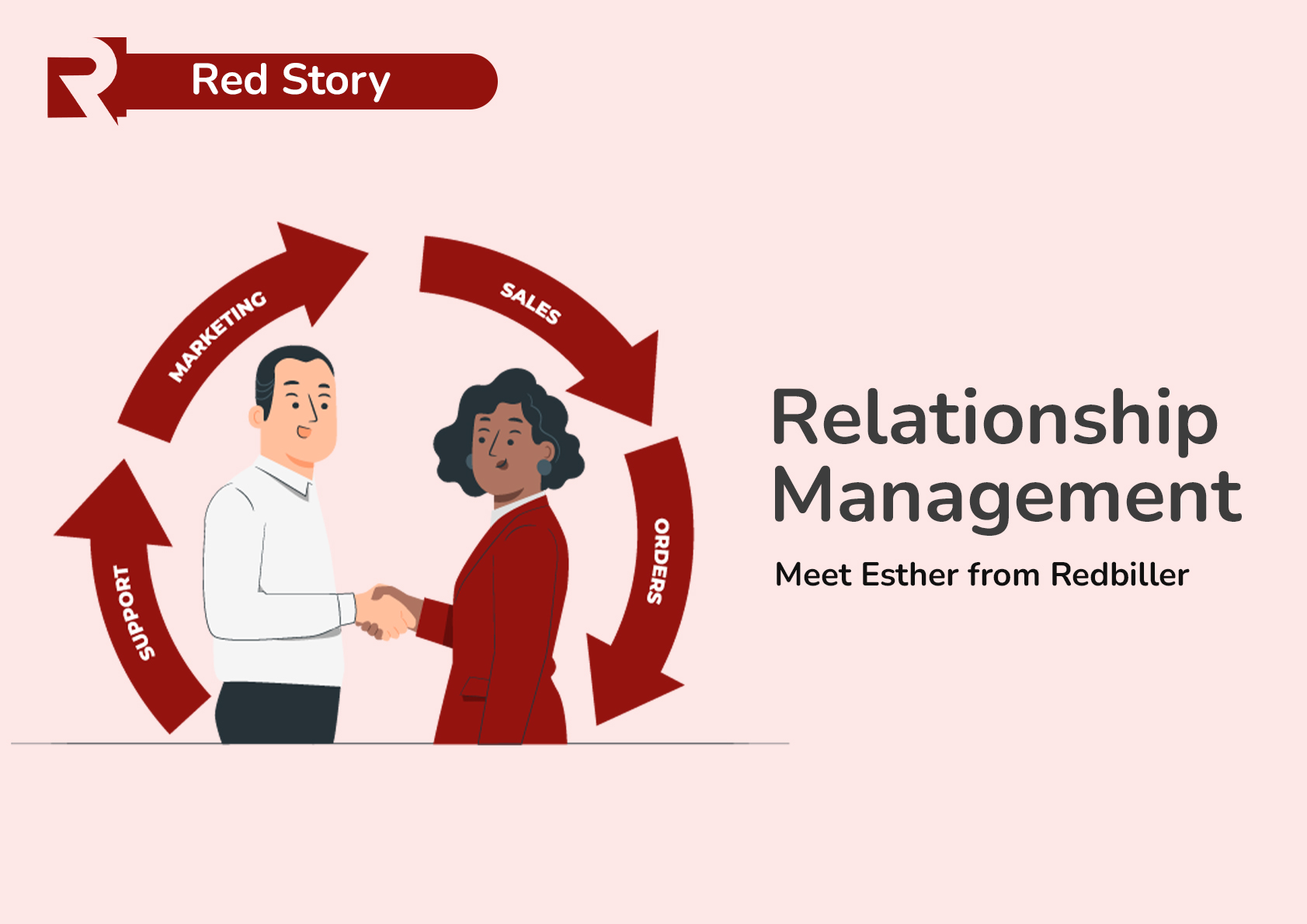Every day an idea is born in the mind of someone, and with the right resources at hand, it comes to life. Other times it is not so much the idea, but the need to make money and survive. Also, every day, businesses close their doors. Some of these businesses come up again, but most of them never see the light of the day again. Although sad, this is a continuous reality. Companies will keep opening and closing. But we all know that. Now let us talk about why they fail.
Businesses fail for many reasons. The easiest part of a business is starting it. You may disagree, but when you consider the number of companies that open and how fast they close, you will realise kicking off the business was the least of the work they had to do.
As a business grows, it demands more time, more hands, more ideas, more actions. But, apart from these, there is another reason businesses close as fast as they open. It is competition. No, not just random companies with the same product and services as them. But giant corporations with years of experience, abundant resources, and enough labour. These businesses can drown your start-up on arrival.
However, it is not impossible to build a successful business despite the size of these competitions. There are successful small businesses with giants in their industry. Plus, some of these giant companies were small businesses a few years ago too.
In starting a business, you must do comprehensive research of your industry and partner industries. This will inform your business model, product design, and choice of partnership. Industry research is a principal part of writing your business plan, but unfortunately, many people do not take this seriously. Some even launch their business without a plan. The idea is to make money, right?
The reality is unless it is a new industry or your product is an invention, there is a giant competitor you will have to face as a small business. What should be an essential part of your business plan is strategies that will keep your business running despite the presence of these giant competitors. And when well implemented, you will be on your way to becoming a giant yourself. Here are a few tips on competing successfully with industry giants.
Innovation
Innovation is the most effective solution to building and running a successful business. You do not have to develop your business on an original idea. Get creative. Do it differently, do it better, do it faster. Consider what everyone is doing and bring out something new. Other businesses might catch soon, but it pays to be the first one there. This has remained an effective customer acquisition strategy.
Strategic Partnership
No business is independent. You can partner with other small businesses to develop and launch a product/service if it is too big for your business to take on. This reduces the liability on your business and gives your business more exposure. But you should choose your partners wisely. One wrong partner offering one half-baked service can affect your business adversely.
Customer Relations
Many SMEs think customer relationship is having someone answer the phone and resolve customers disputes. That is simply dispute resolution, broadly classified as customer service. Customer relationship is the totality of experience a customer has with you, your staff, and your products. Notice the order - people before products. When people can put faces and moments to your company, they would pick you over the giant corporation thousands of miles away.
Quality
It is important for you as an emerging business to offer quality products. When you are known for quality, getting more people to accept your products and your prices will not be a problem. People will even recommend your products to people who pick quality over price. And those are the type of customers who remain loyal.
Specialisation
It is good to find your niche for a small business and be known for it than to offer every service possible. People will get confused as to what you do. This confusion will eventually result in them perceiving your brand as unserious. They will also doubt your ability to deliver on these numerous services. When you have selected areas and products, they know precisely when to come to you. And it assures them you are focused and can deliver.
You don't have to declare war on giant competitors. The chances of you losing are about 98%. Already, your chances of success as competition to them quite are low, not to mention when you declare war on them. Instead, study them, learn from them, and allow their model to influence yours. This is not to say you should copy them word for word, product for product. But there are more than a few lessons to learn from them. Remember, they were here before you.



